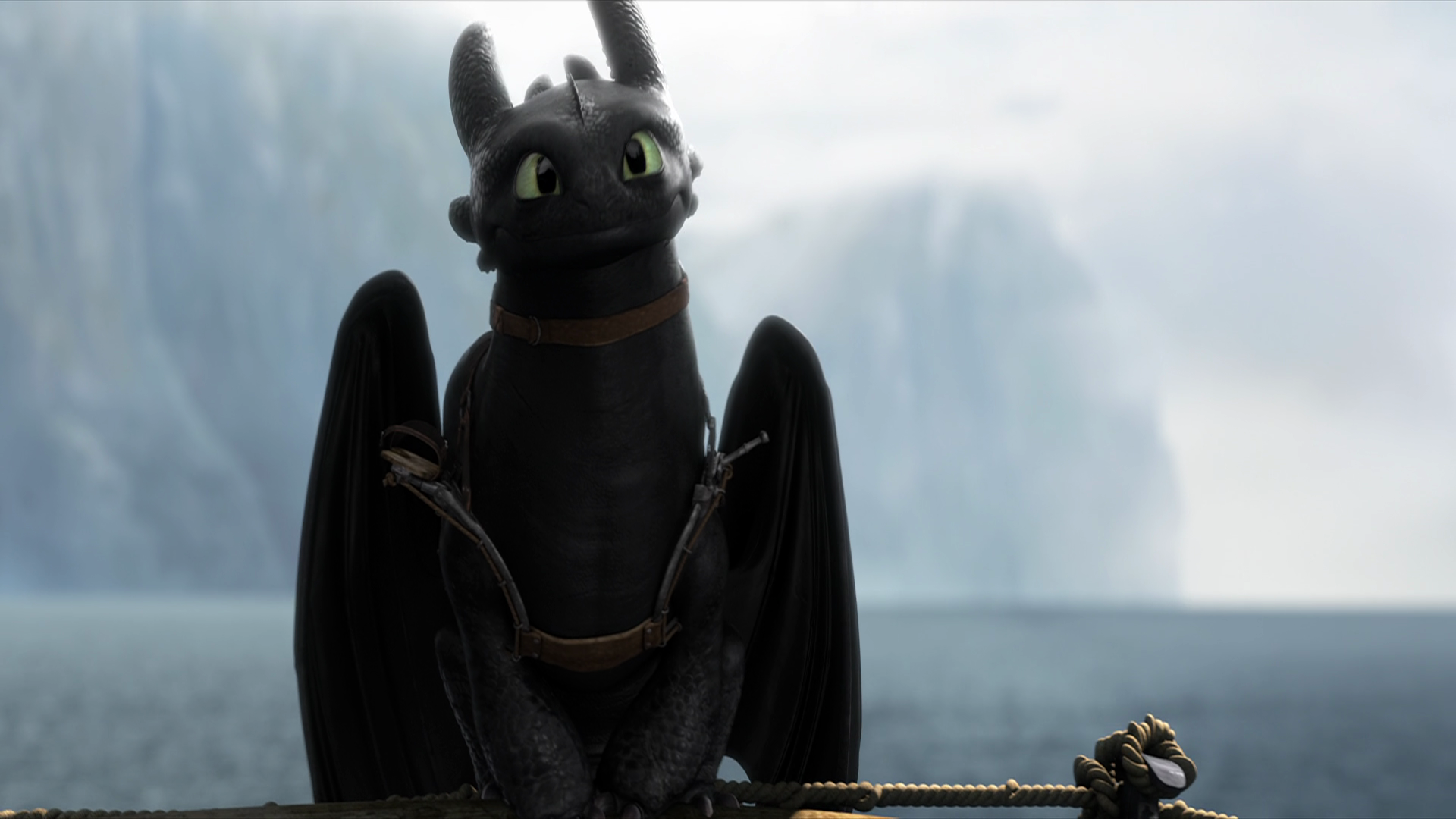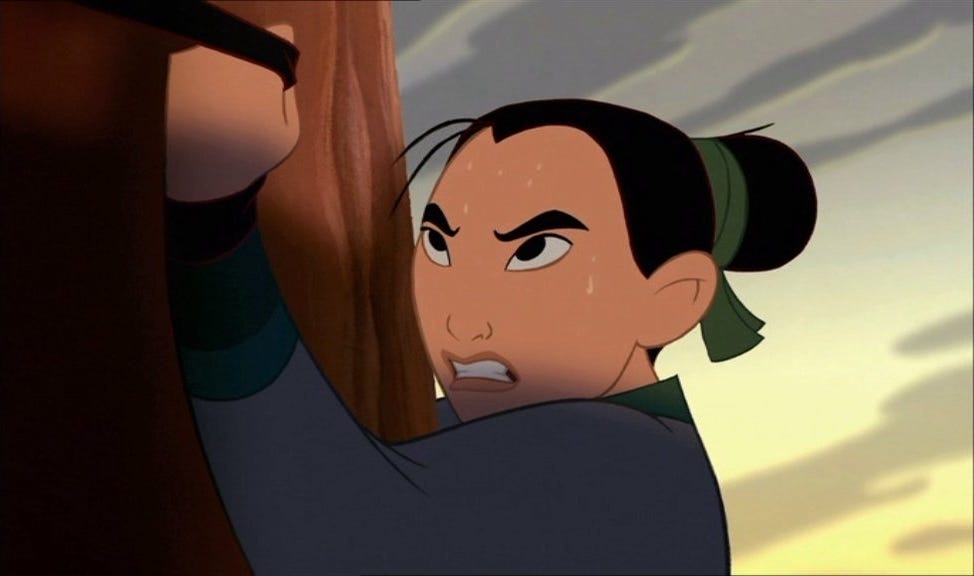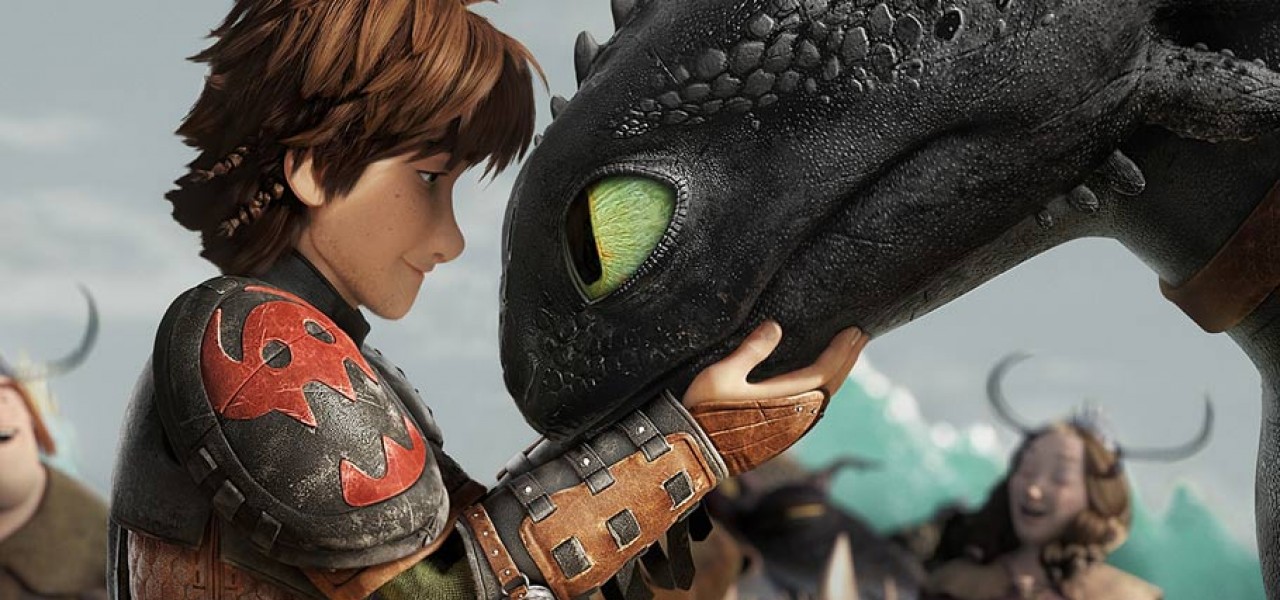yea that was me
My point is: English is not my first language, so I apologies about the grammar now. I hope I nail this.
Anyway, let's continue. This is obviously inspired by Mikey Neumann's excellent video Lessons Animation Taught Us, where Mikey went through two animated movies from his childhood, Sword in the Stone and Dumbo, and two that he saw as adult, Spirited Away and Grave of the Fireflies, taught him either in his adolescense or as grown up. At the end of that video (that you should totally watch it's great) he issued a call for other content creators to talk about how animation has affected or what it has taught them. In Mikey's own words:
"I think it's important we look at the media we consumed as younger people as adults to properly gauge what we should be carrying forward with us and what we should (jump cut to Dumbo) never show children again."
And while most of these are going to youtube videos (some already excist, check it out!), I wanted to tackle this as well. I don't have a youtube channel nor do I have tools or skills to do videos. But I can write. So here is Lessons Animation Taught Us Very Special Episode, in a form of a blog post. Let's do this!
To be frank, this turned out to be a very hard task. After seeing Mikey's video I started to think about this; what animated movies affected me as a child or as adult? Movie that I watched most when I was younger was Aladdin and other 90's Disney renaissance movies like Lion King, Mulan and Tarzan. And I think there is something to be said about most of them and others that I didn't mention, like Toy Story or Monsters Inc. or The Moomins cartoon series. But to keep this text tight and manageable, I must only talk about two animated movie today. I might do more later on, because this is a deposit of material and ideas that is not going to be depleted soon.
Mulan
 |
| Dear god this poster is gorgeous |
Mulan came out when I was six, and I remember that it was almost immediately bought as a VHS to our household by my mother. I recall that while I was of course excited about a new cartoon with swords and fighting and all that jazz, mom was also super excited to see it. She loves Disney movies, but she was not this excited about all of them. But I think that excitment has also attached itself to me- I liked watching Mulan with my mom as a child since she loved it too. It was a thing we did. Now when I rewatched it alone on my own apartment alone, I felt that something was missing. Not from the movie itself, I still liked it very much, but I think that experience of watching it with my mom is going to part of it forever.
Mulan of course, is based on loosely to the legend of Fa Mulan, a female Chinese soldier who served in the military disguised as a man. And so it goes, as akward and clumsy Mulan takes his ailing father's place in the draft for war. Mulan takes the place for two reasons; first to spare his father whom she feared would die in war, but secondly, and more importantly, to prove herself. Mulan had already failed in the one thing society pretty much expects from her- getting married. And in the society of Mulan (not gonna say Chinese since the facts about China in this movie are almost as loose as the connection to the legend) that means she has no place and can't bring all-important honor to his family. But the emotional crux of the movie is not really about honor at all, despite the word being dropped almost in every other scene.
See, if this was about Mulan sparing his father, he had succeeded in that during the I'll Make A Man Out of You. Li Shang basically discharges Mulan after she keeps failing during the training. She could have returned home, for her family's duty was done. She had saved her father. But this was not about that anymore; at this point, Mulan needed to prove herself that she is not a failure, that she can succeed at something. As I child I did not necessarily get that in such a literal way, but I loved Mulan because she did not give up in the face of challenge and used her own strenghts; mainly being smart and skillful, looking for solutions not based on brute strength. Mulan was up until Moana my all-time favorite Disney princess and Disney protagonist in general. And I was just some white boy from Finland; I can't imagine what Mulan must mean to someone that resembles her little more.
Mulan is considered by many one of the Disney's first steps towards telling stories with feminist view, making Mulan's struggle with sexism one of the most important elements of the story. Most people look down to her for her sex, judging her either worthless or deceptive, and Mulan proves them wrong. Even as a child I understood that what Mulan faced from men around her was wrong and shitty. Disney is often called out on being subtle as anvil on the issues they want to talk about, but when you are making movies mostly for children, you sometimes need to be anvilicious. As in this issue; men belittle Mulan, but support and trust Ping. In the text and visuals we always see her proving them wrong with her skills. Worked for me. She saves the army from hun cavalry, she finds the way to enter the palace and she takes down Shan Yu- again, not by being stronger but being smarter. And his friends trust her in the end, when it matters the most. That is a good lesson for anyone; don't judge others based on their sex, but trust and support them. And you, whoever it is watching this movie right now, there is a place for you. It's not going to be necessarily easy to find out what it is or how to get there, but it is there.
 |
| Also "Reflections" is the best of these "I want" songs Disney pooped out in the 90's. |
I think Mulan affected me deeply as a kid, and I still think it's a wonderful movie.
How To Train Your Dragon 2
I saw the first How To Train Your Dragon movie about six months before the sequel came out in 2014. By that point I was 22, and I was starting this blog in full steam. I had a indifferent relationship with Dreamworks animation at that point; I did not much care for most of the movies they had released. The first one in their roster that made me change my mind about Dreamworks as a animation studio was How To Train Your Dragon, a movie without pop culture references or parody elements. It was simple fantasy movie, but one with a good message and lot of heart. And after that Dreamworks have improved their game with pretty good movies like Megamind and of course, by making a sequel for How To Train Your Dragon.
How To Train Your Dragon movies are some of the best western animation I've seen, if not for just how good they look. For the sequel they got Roger Deakins to act as a visual consultant, and it shows in some of the most realistic 3D animation landscapes I have ever seen. I am not familiar with the novels these movies are based on, but the world creation and pure creativity with various dragons and gadgets relating to dragons are simply astonishing. The basis of these movies might seem bit silly, and the name does not help all that much, but what's beyond "teenager vikings and dragons" is beautiful, well- thought and sometimes even heartbreaking. No wonder, since these movies were penned and directed by Dean DeBlois, who is best known fro Lilo & Stitch- and also being the co-head of the story department in Mulan. How about that.
 |
| I mean he looks kinda like Stitch. Huh! |
How To Train Your Dragon 2 begins with simple premise; Hiccup is being groomed by his father Stoick to take the role of the village chief, but Hiccup evades his duties by flying around with his dragon pal Toothless, looking for new dragons and new lands. Hiccup frames this as not being sure what he wants to do with his life and founding the chief's work something he is not ready for. And at the start of the movie- he is kinda right. When the threat of the Drago Bludvist- someone his father knows to be a monster- comes to them, idealist Hiccup wants to go to talk to him, because he has seen before how his father is wrong about seemingly irredeemable threats. This is one of the rare movies were the father, unfortunately, was right.
One of the important lessons of How To Train Your Dragon 2 is that not everyone will listen to reason. Ideals don't always fit reality, unfortunately, and villanous Drago is so scarred by his lossess and greed that he can't see what Hiccup sees. Drago, enemy to Hiccup as to his father Stoick, is a dark twist of them both; disabled dragon expert, whose losses have made him stubborn and abusive against dragons and people alike. Hiccup lost his leg, and he gives welcoming hand to dragons. Drago lost his arm, and offers only heel of his boot. It's not subtle, but it works. And how much Hiccup tries to show Drago that there is another way- some cannot be buckled from their destructive path by talking. This theme is one that is not that often explored in movies, be they animated or live-action.
And the thing I love most about this, is that the movie shows the cost of mistakes. I am going to go to spoilers here, because I simply must. Hiccup had just reunited his long-lost mother Valka with his father, and of course he now loses his father because of the mistakes he made. Stoick's death is not cheap or fleeting moment. He sacrfices himself for his son. Movie makes you really feel it, Lion King style. No last words, no assurance of the right choice being made. And unlike in Lion King, there is no ecaping this. This is a children's animated movie where the protagonist loses his father, and then has to give eulogy in his funeral.
"I'm sorry, dad. I'm not the chief you wanted me to be...and I'm not the peacekeeper I wanted to be."
"I was so afraid of becoming my dad, mostly because I thought I never could. I mean how do you become someone that great, that brave, that....selfless? I guess...you can only try."
And it works. It works so well. I have hard time watching that scene without crying. Adding to the top the fact that it was Toothless, under the control of Drago, who killed him. But as Hiccup's mother says;
"Good dragons under the control of bad people do bad things."
Again, not subtle. But it matters all the same. What Drago is doing basically is to militarize and brainwash dragons to act as his personal army. Hiccup has always stood on the side of peace and understanding, and he still does. He might not be able to talk Drago to leave his violent ways, but he can get his friend back that way. Hiccup wins the day, and he wins it by trusting to the love between him and Toothless. Love and trust prove to be stronger than control and abuse. These may sound sappy themes, but for children and adults alike these are important themes to internalize.
"We may be small in numbers, but we stand for something bigger than anything the world can pit against us. We are the voice of peace, and bit by bit, we will change this world."
| Also Astrid and Hiccup are adorable couple and I care for them SO MUCH |
It was recently announced, that the third and final movie is coming out March 2019. What we know already is that there will finaly be another dragon like Toothless. I can only imagine to what kind of emotional lengths that will go. How To Train Your Dragon 2 is a fun adventure with vikings riding dragons, full of jokes and great action. I have not even touched on the perfect relationship between Hiccup and Astrid, or the redemption of Eret the hunter. These movies are perfect coming of age- stories. How To Train Your Dragon 2 has a big heart, and that heart is heavy with weight of loss. Because that will stay, and it is there 100% on Hiccup's face in the end. I loved the first movie, but the sequal is the one that makes me sad in a good way every time I see it. The audience has followed these kids growing up since the first movie, and it has been a real journey with happy times and sadness. With every rewatch, I still feel the loss of Hiccup. It's the good kind of sadness- something that animation can deliver almost better than any other type of media.
There are a tons of animated movies I could talk about. I wanted initally to talk about Princess Mononoke but there is a ton of great content on that already there. Mulan and How To Train Your Dragon 2 were the first two that came to mind after Mikey's video, as the movies that affected me deeply. Song of the Sea, Aladdin, Robin Hood, Kubo and the Two Strings, Coco, Lego Batman Movie- there is potential for lot of discussion there, and I want to tackle this subject matter again in the future. Media that we consume as kids shapes us, and I think it still does as we grow up. And animation has power to make us feel and react like anything else. It's the little kid inside of us all that these movies can nurture.
What lessons animation taught you?
Atte T









Ei kommentteja:
Lähetä kommentti